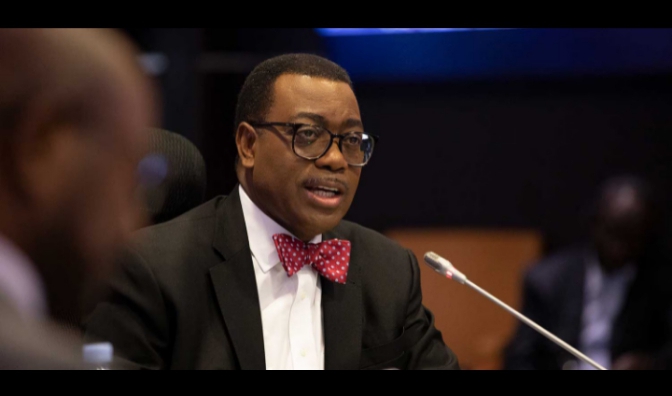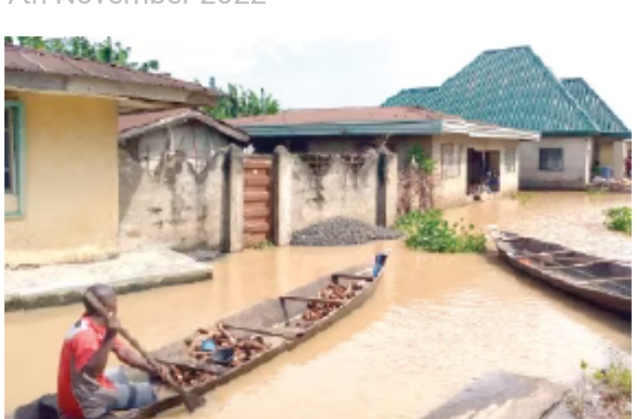The African Development Bank has reported that high military expenditures in Nigeria and other African countries such as Mali, Burkina Faso, Niger, Ghana and Senegal have weakened government’s investments in critical sectors.
According to the report, the Nigerian government and other African governments have a reduced capacity to invest in human capital, infrastructure, energy, and agriculture due to the high military expenditures.
The report was titled, ‘Security, Investment and Development: A Diagnostic Assessment’.
It read in part, “In response to heightened insecurity and violence, many African governments have increased military and security expenditures, diverting resources away from other development priorities. Military expenditure in Africa was an estimated US$39 billion in 2021, 7 percent higher than in 2018 and 16 percent higher than in 2011. Over the past decade, the biggest percentage increases in military expenditure occurred in the Sahel countries of Mali, Burkina Faso, and Niger.
READ MORE: Africa-Nigeria Economy Special: Liberating Our Stranded Economies
“Coastal countries in West Africa, including Nigeria, Ghana and Senegal also observe the largest percentage increase in military expenditure over the past year. High military expenditures reduce the capacity of countries to make critical investments in human capital, infrastructure, energy, and agriculture required to deliver on global development ambitions such as the UN Sustainable Development Goals.”
The report also noted that apart from crowding out public investment in critical sectors, insecurity deteriorated the business environment and limited private investment and private sector development.
On the drivers of insecurity, it was noted that rural poverty, youth unemployment and environmental degradation had contributed to conflict and insecurity.
It added, “Poor governance and weak state capacity are also important drivers of conflict, while corruption, lack of transparency and accountability, and mismanagement of resources lead to poor service delivery and increased inequality and grievances that can trigger violence.”
It further noted that the cost of borrowing had also increased, limiting the ability of governments and the private sector to expand social initiatives.
Other sources recently reported that Nigeria budgeted a total of N11.18tn for security from 2015 to 2022.
Despite the high budgetary allocation, however, the country remains the second most attacked country by the Islamic State terrorist group globally, according to the data by Jihad Analytics.
This is happening against the backdrop of the claims by the President, Major General Muhammadu Buhari (retd), that his regime is winning the counter-terrorism war.
As the battle against insecurity continues, the Federal Government has earmarked N1.35tn to prosecute the ongoing anti-insurgency fight in the country.
This was contained in the N20.51tn 2023 budget proposal presented to the National Assembly by Buhari.
READ MORE: Nigeria Ranks Third After South Africa, Egypt as African Countries with More Developers
A Professor of Economics at the Olabisi Onabanjo University, Ago-Iwoye, Ogun State, Prof. Sheriffdeen Tella, said that the rising level of insecurity had led to the increases in budgetary allocations.
“The level of insecurity has been rising. Definitely, there is the quest for more equipment. This is responsible for the increase in the budget. It simply means the level of insecurity is rising, which should not be,” he added.




